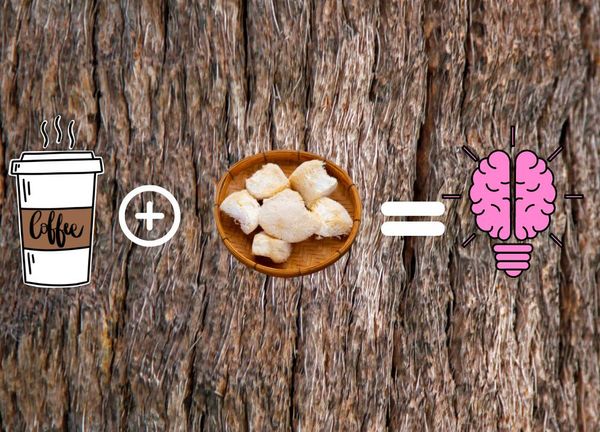If you're a coffee lover, you know the drill. You wake up in the morning, foggy-eyed and groggy. The first thing you do is stumble to the kitchen to brew a pot of coffee. After your first cup (or two), you finally feel human again. But then there's that nagging question in the back of your mind...should I really be drinking coffee? Maybe I should switch to decaf.
On the one hand, you've heard that coffee is a diuretic and too much coffee can lead to dehydration. On the other hand, you've also heard that coffee can help with weight loss because it boosts your metabolism. So what should I do?
Let's take a closer look at the science behind decaf coffee and find out if it really is a diuretic.
What is a Diuretic?
A diuretic is any substance that helps promote diuresis, which is increased urination. This can be helpful if you're retaining water or dealing with bloating. However, it's important to maintain a healthy balance of fluids in your body, so too much diuresis can lead to dehydration.
Does Decaf Coffee Work as a Diuretic?
The answer is yes...and no. Decaf coffee does have diuretic properties, but they are weaker than those found in regular caffeinated coffee. In fact, studies have shown that decaf coffee only has about 1/3 of the diuretic effect of regular coffee. So if you're concerned about dehydration, decaf coffee may be a better option for you than regular coffee.
However, it's important to remember that even decaf coffee can have a diuretic effect if you drink too much of it. If you're going to drink decaf coffee, be sure to stay hydrated by drinking plenty of water throughout the day as well.
There's no need to swear off coffee entirely if you're worried about dehydration. Decaf coffee has diuretic properties, but they are much weaker than those found in regular caffeinated coffee. Just be sure to drink plenty of water throughout the day to offset any potential dehydration from drinking too much decaf coffee.












